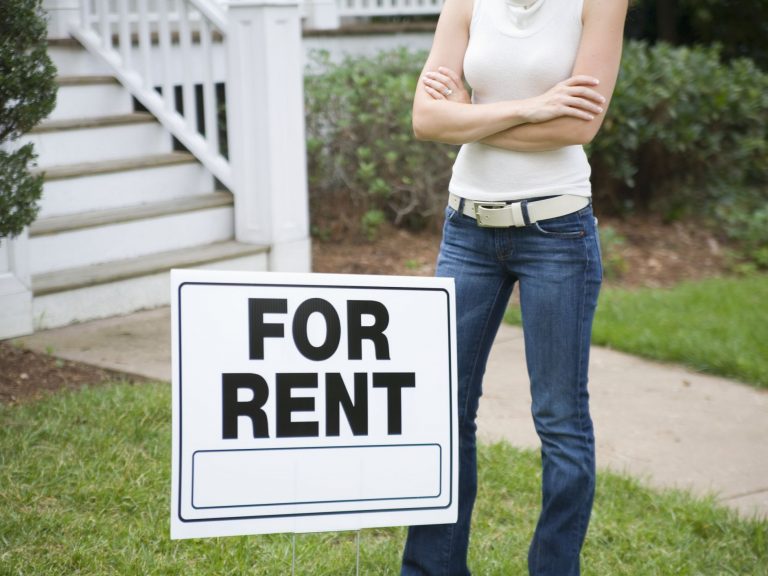Property rental is not just a ‘set it and forget it’s business where you can expect a passive income to keep rolling in without any effort. There are many factors involved in running a property rental successfully. As a landlord, you need to use good strategies to manage your tenants, your property, and your finances.
1. Find reliable tenants and retain them
One of a landlord’s key responsibilities is to manage tenants. Proper screening and selecting tenants is the first step. Doing a credit check, flood check, background check, checking references, etc., is all part of the screening process. Creating a lease agreement and collecting rent are other responsibilities. Learning landlord-tenant laws is necessary, too, as this applies to what’s expected of you and your tenants. For example, the laws cover issues like returning security deposits and tenant privacy.
A major concern when it comes to tenants is non-payment of rent. You can try to prevent this by using reminders and late fees. Avoiding costly evictions is important if you want to stay profitable as a landlord. Tenant turnover is another headache that can quickly eat into your profits if it happens too often or vacancy periods are lengthy.
A Little Rock authoritative property management company can ensure your tenants are managed in the right way. Evernest, Fletcher, KeyRenter, and other services have teams that will market your home to prospective tenants and screen them carefully. Tenants are able to pay their rent conveniently online. Everything from responding quickly to tenant complaints, collecting rent, and avoiding long vacancy periods can improve tenant retention and profitability.
2. Set up solid lease agreements
Your lease agreement is a legal document that protects your rights as a landlord. It will include all the relevant details such as your name and the name of the tenant, the address of the property, and the monthly rent. It will state what security deposit a tenant must pay and the length of the rental period.
The lease agreement will also include maintenance details, home rules, and eviction procedures. You and the tenant must both sign the document. Going over the lease agreement before signing gives you both the opportunity to ask questions and clarify any details.
3. Do regular property inspections and maintenance
As a landlord, you have to ensure that your property is safe and habitable. If property maintenance is an issue, you may have difficulty keeping tenants. You should do a walk-through with a tenant when they are ready to move in and document as many details as possible to prevent disagreements at a later stage over damages.
Regularly maintaining your property is much more cost-effective. When repairs aren’t done at an early stage, larger issues can arise, which are much more expensive. It is important to perform regular inspections of the property and deal with any issues before a problem gets worse. You can also check that tenants are taking good care of your property.
4. Quickly respond to tenant complaints
You can expect tenants to call you if anything goes wrong on your property. Even when your property is well maintained, issues can pop up. If you don’t respond to any of their concerns, it will affect your relationship with them and make them want to move.
It will help if you have a reliable list of local contractors and a special fund you can use for emergency maintenance issues. If you decide to use a property management company, they often have maintenance teams working for them who can quickly respond to tenant complaints.
5. Be smart about finances
Another aspect you need to have a good handle on as a landlord is your finances. You will have to deal with taxes and accounting information in an efficient way. It’s tricky to do it on your own, and if you use property management companies, they can give you reports including all the information you need.
If you choose to do it on your own, you will need to set up a separate account for your rental business. Keep a thorough record of what you spend on maintenance and the upkeep of your property, as this is tax-deductible. An accountant will be able to advise you on other deductibles that could help you to reduce your tax burden, such as interest on your investment property loan. Keeping aside money for unexpected expenses is a wise move.
Be sure to enforce late fees for all late rental payments. If tenants keep paying late, it may be a sign that they cannot really afford the rent. You may reach the point where you need to evict a tenant as much as you don’t like the idea. You can’t just kick tenants out – it is vital that you follow the eviction procedure laid down in the law.

